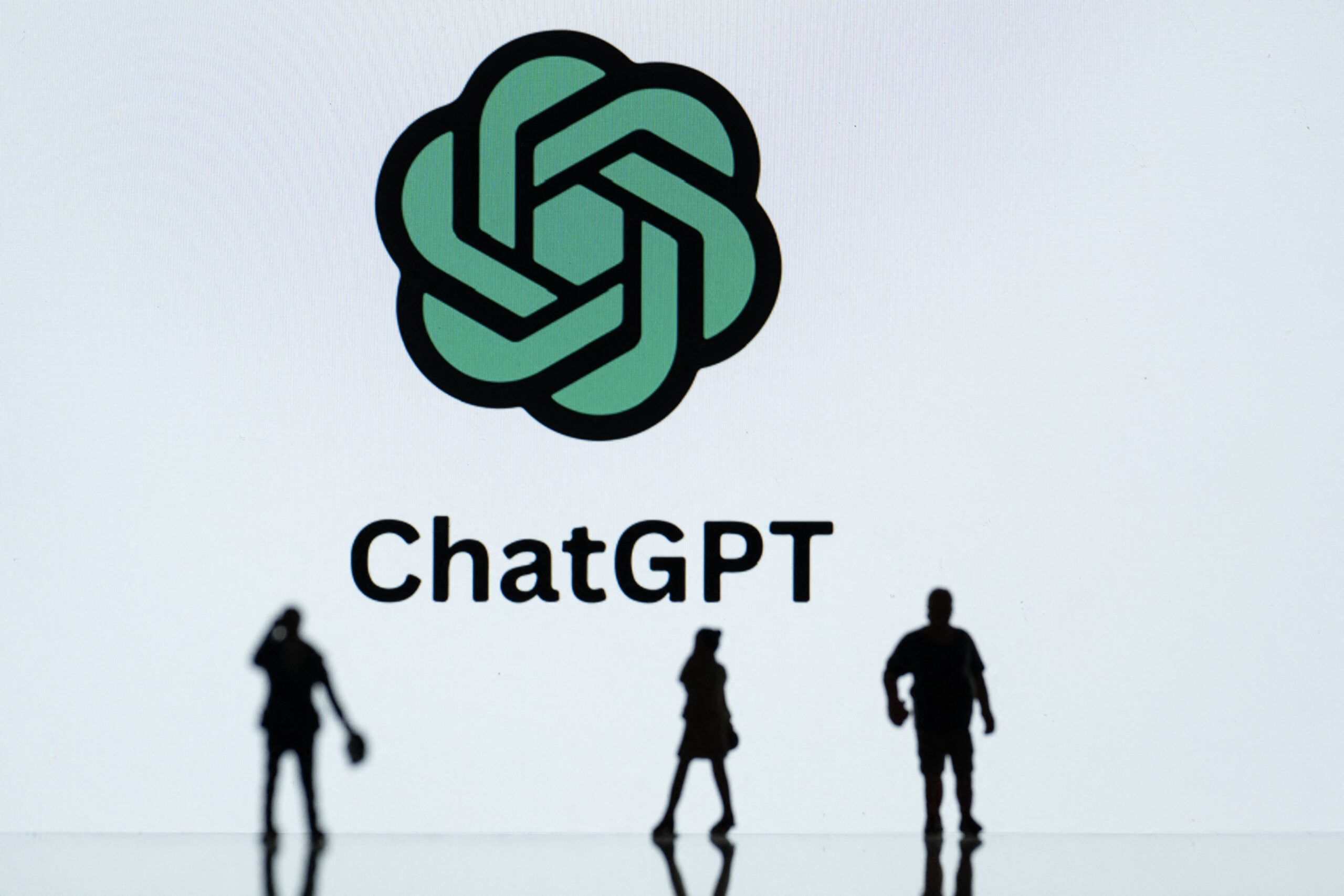Analysts warn vs AI, ‘deepfakes’ in 2025 polls

Agence France-Presse file photo
MANILA, Philippines — Analysts from the University of the Philippines (UP) urged Filipinos to “stand guard” over the potential harm of artificial intelligence (AI) technology as the 2025 midterm elections draw near.
In their lectures at the Philippine Journalism Research Conference on Friday at UP Diliman, journalism professors Rachel Khan and Danilo Arao said AI can be used to impersonate figures through “deepfakes” or spur political disinformation.
READ: Comelec wants AI ban on campaign materials ahead of 2025 polls
“We now have the danger of deepfakes. What we’re seeing in the elections, for example, in the US and in India, you have deepfakes of celebrities endorsing politicians even if [they’ve] never done it,” Khan said. “That’s what we need to stand guard for.”
A deepfake refers to an image or recording that has been altered and manipulated to seem real.
Malign actors can also ride the new technology to cast disinformation at a broader scale, which could overwhelm fact checking and verification efforts from newsrooms.
Khan added that election candidates themselves can use AI to direct their campaign to target provinces through customizable scripts.
“[Politicians] can now direct their campaign to different provinces because ChatGPT translated for them in different dialects. So their reach is bigger. It’s more personalized,” Khan said, referring to the popular AI chatbot ChatGPT.
Responding to concerns that deepfakes and other forms of AI could be used to “sow deceit and misinformation among voters and candidates,” Commission on Elections (Comelec) Chair George Garcia urged the Comelec en banc on May 28 “that the use of AI deepfake in campaign materials be prohibited.”
Garcia said in further interviews that he seeks to ban deepfakes and other forms of AI as well, but has not gone into specifics about how this would be implemented.
While Arao concedes to a ban on deepfakes, already a form of disinformation, he questioned why Comelec would impose a “tendentious” ban on AI.